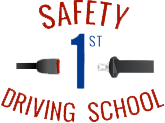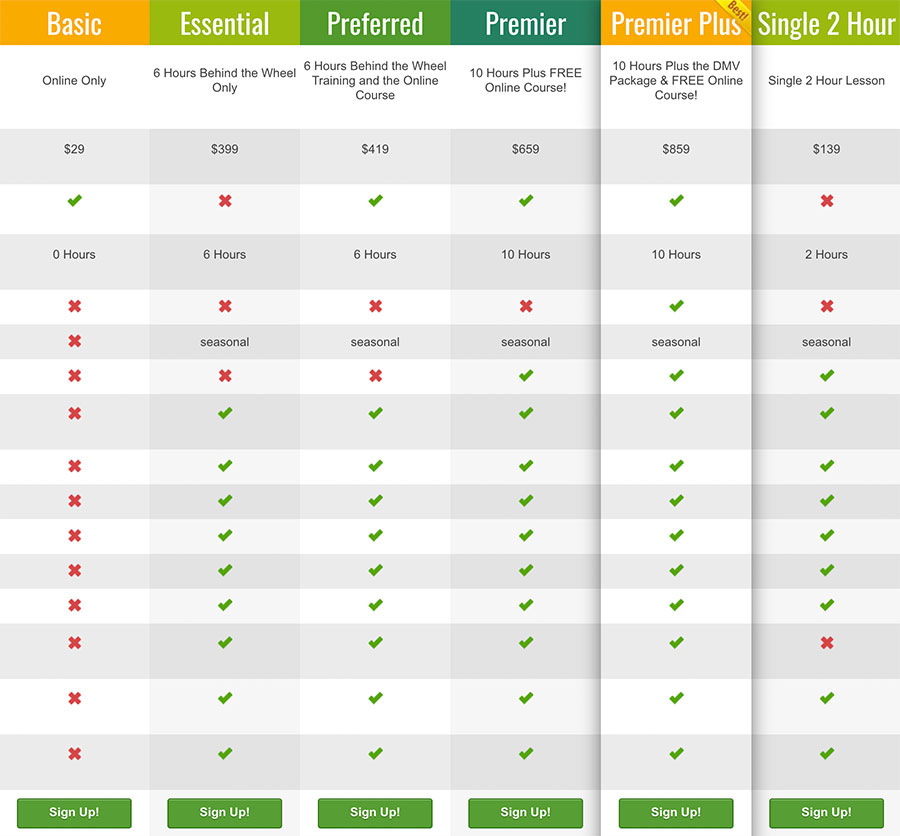An update on Memorial Day’s “Jamboree Crash”:
The Orange County Coroner revealed that drugs and alcohol were NOT a factor in the Memorial Day car crash that killed 5 Irvine teenagers on Jamboree in Newport Beach. Police maintain high speed was a major factor, however.
As we continue our commitment to educate teenagers and their families – as well as all Orange County drivers – about driving tips and techniques that will keep all Orange County drivers safe on the roads, we feel obligated to report about this awful tragedy that took 5 precious lives very prematurely. If we can learn something from this, we can keep more OC teenagers safe and prevent future tragedies like this from happening.
We are sure everyone will agree that this should not have happened and these kids should still be alive.
That’s the thing about teenage driving: Car accidents are the number one killer of American teenagers, yet they are almost ALWAYS avoidable.
Here are some of the causes of these unnecessary teenage automobile accidents:
- inexperience
- overconfidence
- nighttime driving
- driving while sleepy
- distractions from passengers
- distractions from music or iPods
- texting
- talking on (or otherwise manipulating) the cell phone
- risky maneuvers
- excessive speed
- driving under the influence of drugs or alcohol
How can teenage car accidents be avoided?
1. Teenagers, have higher expectations of yourself!
Maybe you’ve read our previous blogs where we discuss the fact that teenagers lack some cognitive ability to reasonably consider the consequences of their actions and are more likely to take risks and basically make stupid decisions behind the wheel. You’ve likely responded to that statement in one of two ways:
1) You’re offended by it and wish people had higher opinions of teenagers, or
2) You figure since no one expects much of you, you can be mediocre and that’s okay.
Well, guess what: you’re not off the hook entirely – at least not as far as we’re concerned. We know the truth: You CAN learn to be a safe and skilled driver. You CAN learn to use common sense and responsibility, and pledge to yourself and your friends that you will not drive tired or under the influence of drugs or alcohol; you will not worry about who is texting you while you’re driving because IT CAN WAIT; you will not be distracted by your music or passengers; you will not drive over the speed limit; and so on.
We have high expectations of the teenagers we meet, because we have seen many of you become safe, skilled drivers. We believe in you – so believe in yourself! Don’t become another statistic – let’s beat this together! No more of your friends need to die or be critically injured because of a stupid behind the wheel decision.
The next 3 guidelines are directed at parents.
2. Parents, be involved in your kid’s driver education.
How can you know in what areas your kid needs improvement if you’re not involved in their driving instruction? Parents, you are a key player in your kid’s driver education. We will certainly do our part, but we need your help. You know your kids better than anyone. What are their strengths? Weaknesses? These will likely show up behind the wheel. So be there, be involved, and have high expectations for them.
3. Set boundaries for your teenage driver.
We’re talking about setting them up for success, not failure. Just because they pass the DMV exam and get their license doesn’t mean they should get carte blanche authority when it comes to driving. (Newsflash: getting a license does not make someone a skilled driver!) Ultimately, you are the parent and they are the child. Every loving parent knows what’s best for their child.
Sometimes we have to do the hard thing and the unpopular thing to keep our kids safe. So set boundaries and restrictions on your kid until you’re more confident – not only in their driving abilities, but also their overall common sense and responsibility. Remember: Driving is a privilege, not a right!
4. Model good driving behavior.
All parents know this rule applies from toddlerhood on. We must model the person we want our kids to become. Politeness, thankfulness, honesty, forgiveness, sharing – we don’t get it right 100% of the time, but when it comes to teenagers, if you don’t practice what you preach, your kids will NOT take you seriously and you have lost authority and credibility with them.
You can’t simply verbalize the rules (follow the speed limit, don’t text and drive, don’t get distracted, etc.) if you’re guilty of those very things yourself. Be transparent with your kids, admit when you’ve made a mistake, and pledge to your kids that you’ll start modeling the behavior you want them to emulate.
Let’s work together to make sure our Orange County teenagers are safe behind the wheel. Scare tactics don’t work – we have to get involved in their lives, set high expectations and reasonable boundaries, and model good behavior.


